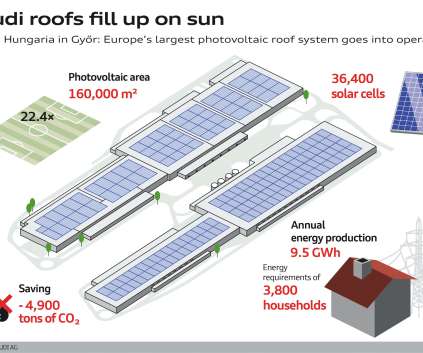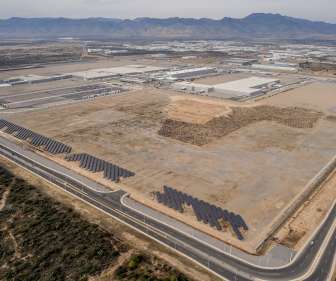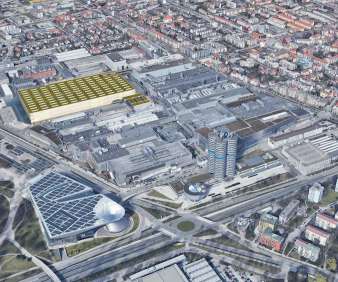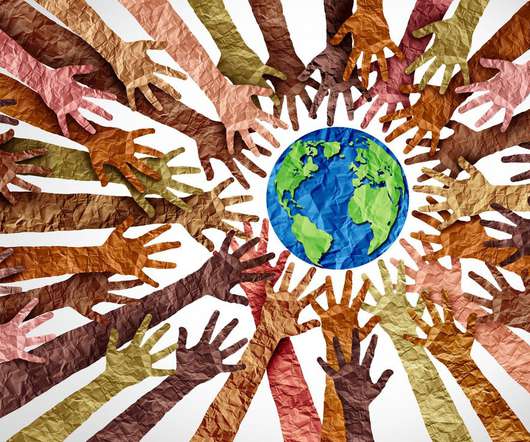Audi Hungaria starts operation of Europe’s biggest solar roof installation
Green Car Congress
OCTOBER 8, 2020
The focus lies on the challenges that are key to Audi: decarbonization; water utilization; resource efficiency; and biodiversity. r in Hungary is engaged in decarbonization by means of three mechanisms. Audi Hungaria is the biggest user of industrial geothermal energy in Hungary. In addition, the site at Gy?r












Let's personalize your content